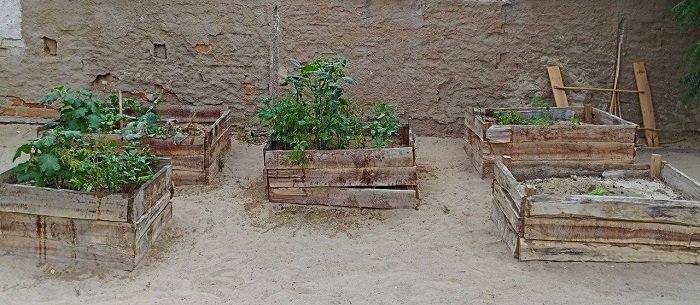We facilitate a range of alternative sources of income for communities with a strong dependence on threatened mangrove ecosystems
The Reef Doctor Honko Project’s sustainable livelihoods programme aims to provide alternative sources of income for communities with a strong dependence on mangrove resources to reduce human pressure on the ecosystem. We work to promote a variety of options for groups, families, and individuals to promote resilience and source livelihoods that are a good match for different environmental and cultural contexts.
Tilapia farming
Village-based tilapia farming has been implemented as an alternative livelihood to reduce fishing pressures in the mangrove. The feasibility of this activity was tested through a research-based approach with technical support from the University of Tulear’s Institut Halieutique et des Sciences Marines (IH.SM) and financial support from the Commission de l’Océan Indien (IOC). Community members will be trained in farming techniques, with plans to expand to other villages in the near future (in collaboration with COUT, an association linked to the IH.SM) and develop an integrated system that will ensure food security for the farmers.
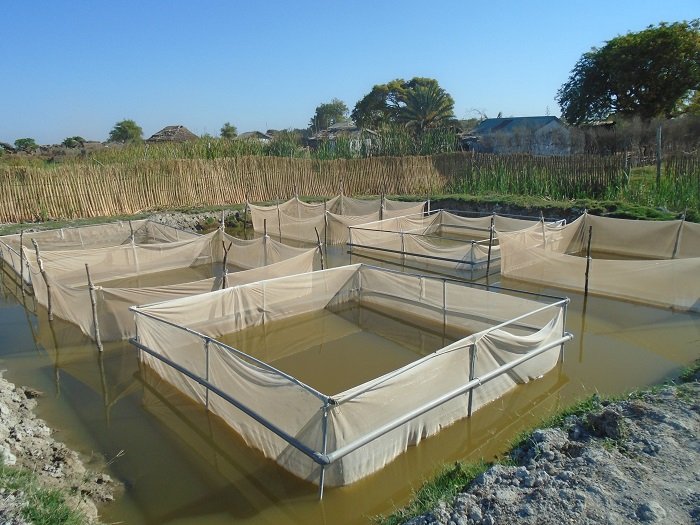
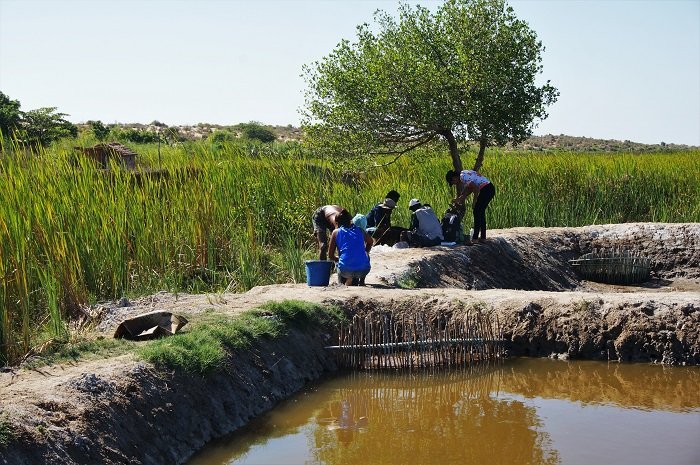
Artisanal products
Members of the Mamelo Honko Women’s Association have been trained in reed-weaving techniques using a locally-available reed (lesser cattail, locally known as vondro), normally collected in large amounts and sold at a market-bottom price, to produce colourful, high quality artisanal products. By using this reed to weave products to be sold, earning a larger profit, the women effectively increase the value of the reeds and reduce human pressure on both the reed wetland and the mangrove forest. We continue to support the women in the selling of their products to passing tourists through their roadside shop, helping their business reach self-sustainability in the near future.
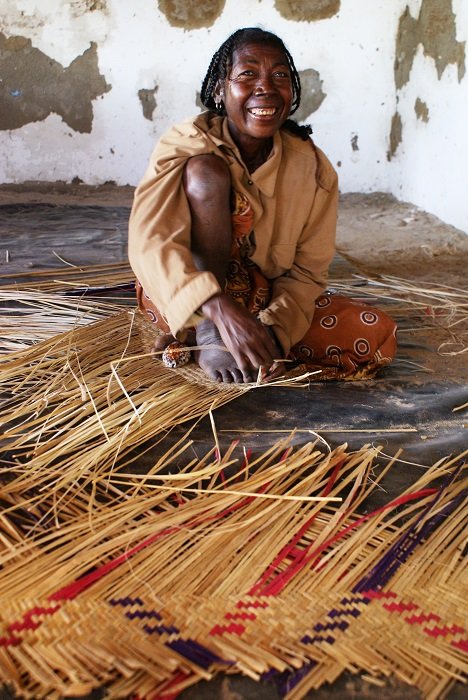
Ecotourism
With constant support from the Reef Doctor Honko Project, VOI Mamelo Honko is running an ecotourism project. It boasts 1 km of boardwalk through the mangroves, two additional off-boardwalk circuits, and a 4-m tall viewpoint overlooking the channel and mangrove forest. Local guides have been trained in mangrove ecology and lead tours for international visitors. This programme helps spread the word on mangrove conservation to visitors from all over the world and highlights the problems they are facing worldwide, all while supporting local livelihoods. The local guides have also received training in bird identification and leading birding tours to attract birdwatchers that are already frequent visitors to the nearby spiny dry forest. All proceeds go directly to the local community and mangrove conservation projects. (Find out about visiting the mangroves here!).
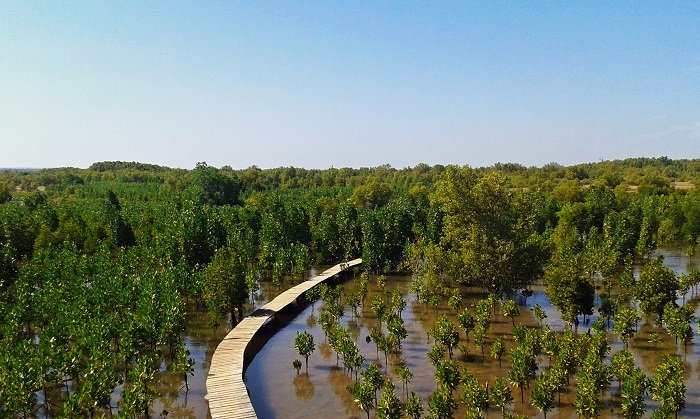
Agriculture
We are investigating a low input and sustainable agriculture project as another alternative livelihood option, reducing pressure on the mangrove resources, whilst implementing a new dietary source to address the issues of food security in the region. We aim to empower individuals and families to grow their own food through the transfer of agricultural skills and knowledge tailored to the arid and nutrient poor soil conditions in the region. We are currently testing the feasibility of this activity through a research-based approach with support from Reef Doctor volunteers (who have established a vegetable plot at the Reef Doctor base in order to learn how to cultivate plants in local soils) and the NGO Bel Avenir. An important feature of this project is the use materials and resources that can be found locally; therefore, techniques can be easily copied and reproduced by local communities.
